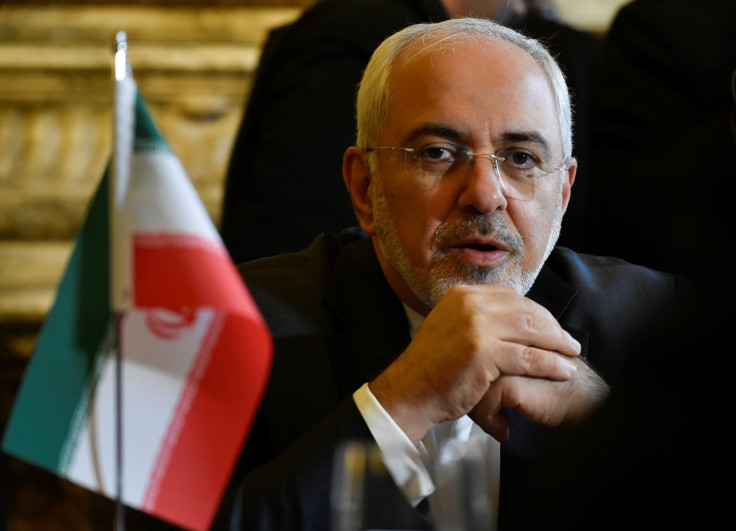Iran Says It Didn’t Pin All Its Hopes On Clinton Victory For Nuclear Deal

Iran’s foreign minister said in an interview Wednesday that the country did not pin all it’s hopes on Hillary Clinton becoming president in order to keep the nuclear deal alive.
Mohammad Javad Zarif spoke to state outlet Jaam-e Jam about the Joint Comprehensive Plan of Action (JCPOA) that Iran agreed to in 2015. President Donald Trump has expressed his displeasure with the deal went into effect in 2016.
“We believed and do believe that the JCPOA is so strong that the U.S. government, no matter how much anti-JCPOA it is, cannot ignore the deal as Trump could not tear up the deal in spite of all the threats,” said Zarif.
The agreement created limits on Iran’s controversial nuclear energy program to avoid the possibility of creating a nuclear weapon in exchange for the world lifting aggressive economic sanctions on the country. The agreement also allowed for international monitors to conduct inspections in Iran to check their compliance with the deal.
“There is no evidence that on the nuclear program Iran has cheated in the agreement that the UK and other powers entered into with Iran,” Clinton told the BBC in October. “Basically for political reasons or for personal reasons, it's unclear which he is basically throwing open the door to Iran's nuclear program one more time. I think that is very dangerous.”
Trump has threatened to go back on the deal, stating that it was too lenient. He reluctantly extended the deal, describing it as “a last chance,” in an official White House statement on Jan. 12.
“Either fix the deal’s disastrous flaws, or the United States will withdraw,” the statement read.
The deal was ratified by Iran, China, France, Russia, the U.K, the U.S. and the European Union. Zarif said that its fear of going alone that keeps the U.S. in the deal.
“What has prevented the U.S. from quitting the JCPOA is not its interests in the deal, but is evading international isolation. The U.S. feels that if it wants to pull out of the JCPOA, it will be isolated in the international community. So, it [Trump] has made any efforts, especially during the past months, to find a way out of the deal and be less isolated,” said Zarif.
Whether Trump follows through with pulling out of the deal remains to be seen. Trump has gone alone before, he indicated he wanted out of the Paris Climate Deal, which if he’s re-elected might make the U.S. the only country to withdraw. The U.S. can’t formally withdraw until 2020.
© Copyright IBTimes 2024. All rights reserved.





















